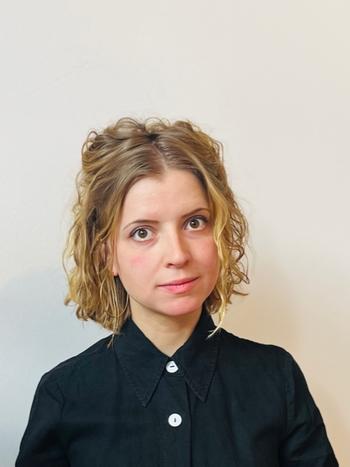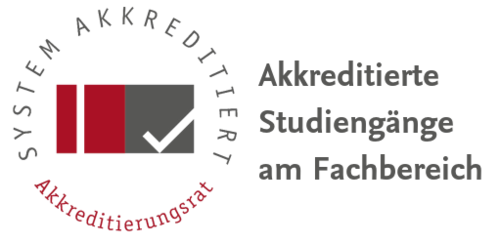Christin Sander

Institut für Islamwissenschaft
AB Prof. Florian Zemmin
Wissenschaftliche Mitarbeiterin
zur Zeit beurlaubt
Raum 1.1054
14195 Berlin
Seit April 2022 Freie Universität Berlin: Wissenschaftliche Mitarbeiterin am Institut für Islamwissenschaft
2019 - 2021 Universität Hamburg: Geschichte (M.A.)
2015 - 2019 Universität Hamburg: Hauptfach Geschichte, Nebenfach Philosophie (B.A.)
Sommersemester 2023
14302 Umstrittene Historiographien: Syrien im 20. Jahrhundert
Localizing the global Arab Left
Communist Perspectives on Oppositional Unrest in Syria 1976-1982
The Historiography on Syria tends to neglect or distort the domestic oppositional unrests in the 1970s and early 1980s. However, this historic moment represents a nucleus of accelerated change that raised controversial but fundamental questions about the making of postcolonial Syria. Questioning the 'stability' narrative that has dominated Syrian historiography, a history of Syrian opposition beyond a sectarianized division of society has yet to be written. The Syrian regime of Hafiz al-Asad either co-opted, or banned, suppressed, and persecuted any opposition. Nevertheless, there was a diverse yet fragmented Left in Syria whose traces enrich historiography. Originating from communist reading circles, the Communist Labor League (Rabitat al-ʿAmal al-Shuyuʿi, abbreviated CLL) was founded in Aleppo in August 1976 and became a party (Hizb al-ʿAmal al- Shuyuʿi, abbreviated CLP) in Beirut in August 1981 and dissolved when its last active members were arrested in February 1992. My PhD project initially researches the neglected history of the CLL/CLP and subsequently explores its perspectives on oppositional unrest in Syria 1976-1982. Contributing to a historiography of a violently repressed local Left, which was part of a similarly defeated global Left, I situate my research in a 'less than global' intellectual history of the Arab New Left. The league/party's publications provide a contemporaneous, violently oppressed, and hitherto overlooked perspective that is enhanced by recent recollections from former party members speaking about their past. Analyzing the CLL/CLP's perception of 'thinking the world' in its historical 'problem-space' might question existing understandings of opposition and enrich the understanding of the Arab Left.


